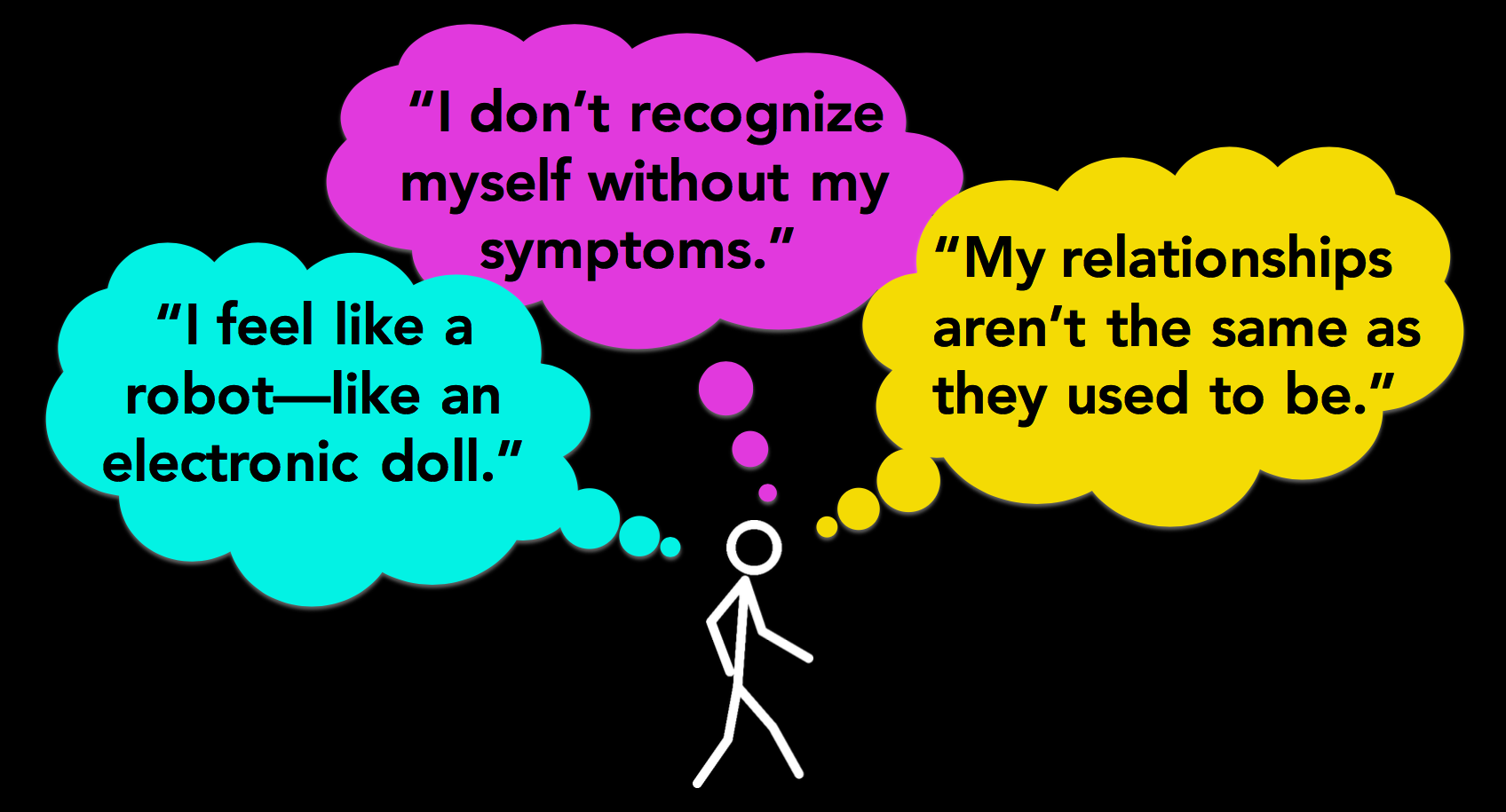Abstract from Int’l Neuroethics Society’s 2015 meeting selected for publication
July 18th, 2016An abstract I submitted to the International Neuroethics Society’s 2015 meeting was selected to be published in AJOB Neuroscience. There were so many excellent abstracts selected, and you should probably check them out. Here’s an excerpt from mine, entitled “Who Am I When I’m In Control?”: The Identity Ethics of Closed-Loop Deep Brain Stimulation for Essential Tremor:
Deep Brain Stimulation (DBS)—where a low-level of electrical current is applied to a targeted region of the brain—is an effective treatment for moderate-to-severe ET symptoms. Stimulation, however, causes side-effects for some users: tingling sensations, numbness, and speech impairment. These side-effects, of course, can lower quality of life in some patients. Further, several users have reported feelings of self-estrangement, alienation from others, and lack of motivation in life. Several argue that these testimonies are evidence that DBS can threaten the user’s identity by making it difficult act in authentic ways—that is, some users cannot be their authentic self while using DBS. Others argue that it is misleading to say that people have an “authentic self” that they can conform to or fall out of alignment with. Instead, it is more accurate to say that our identities are constituted by the choices we make given the possibilities available to us, the ways we describe ourselves, and our relationships to one another. That is, people with ET who experience an identity shift post-implantation are just now able to make different choices for themselves, describe themselves differently, and find that their interpersonal relationships change as a result. […] I will explore several possible ways that volitionally-controlled, closed-loop DBS systems might change users’ experiences using the device: their interpersonal relationships, their self-narratives, and their ability to act autonomously in their every day lives. That is, I will explore and evaluate the ways that open-loop DBS systems could change their users’ identities for the better and for the worse. In the end, I will suggest that we ought to do empirical studies of end-user experiences in order to determine how these systems should be designed.
